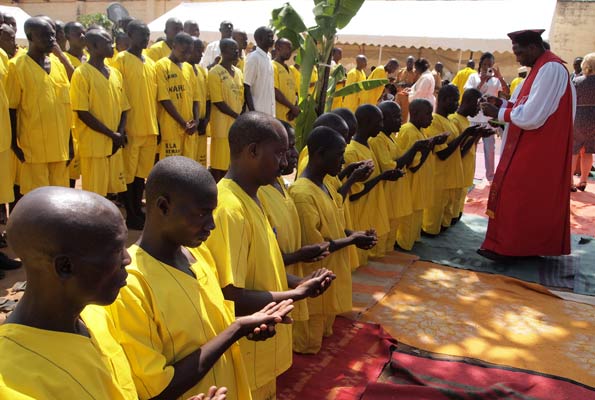Uganda’s justice system is quietly changing its view on the death penalty, sparking important conversations across the country. While the death sentence remains legal, its use has dramatically decreased, and many are asking whether it still has a place in today’s Uganda.
For decades, the death penalty was a common punishment for serious crimes like murder and treason. But in reality, executions have not been carried out for over twenty years. This gap between law and practice shows a shift in attitude — one that is encouraging both lawmakers and citizens to rethink how justice should be served.
Recent legal reforms have given judges more freedom to choose punishments based on individual cases instead of automatically sentencing someone to death. This means life imprisonment and other penalties are becoming more common, allowing for a more humane approach that considers the circumstances behind a crime.
Many Ugandans are divided on the issue. Some believe that the death penalty acts as a powerful deterrent and is necessary to protect society. They argue that it provides justice for victims and sends a clear message that serious crimes will not be tolerated.
However, a growing number of voices oppose capital punishment, saying it does not solve the root causes of crime and risks irreversible mistakes. Human rights advocates emphasize that the focus should shift to rehabilitation and prevention rather than punishment alone. They also point out that lengthy legal battles and the emotional toll on families can make the death penalty more harmful than helpful.
This debate is part of a larger global movement questioning the use of capital punishment. Across Africa, several countries have either abolished the death penalty or stopped enforcing it, showing that change is possible. Uganda appears to be moving in the same direction, as public opinion and legal reforms slowly reshape the future of criminal justice.
The key question now is whether Uganda will formally abolish the death penalty or keep it as a legal option that is rarely used. Either way, the ongoing discussion highlights a nation grappling with justice, fairness, and what it truly means to protect its people. This moment could mark the beginning of a new chapter — one that balances safety with respect for human dignity.


